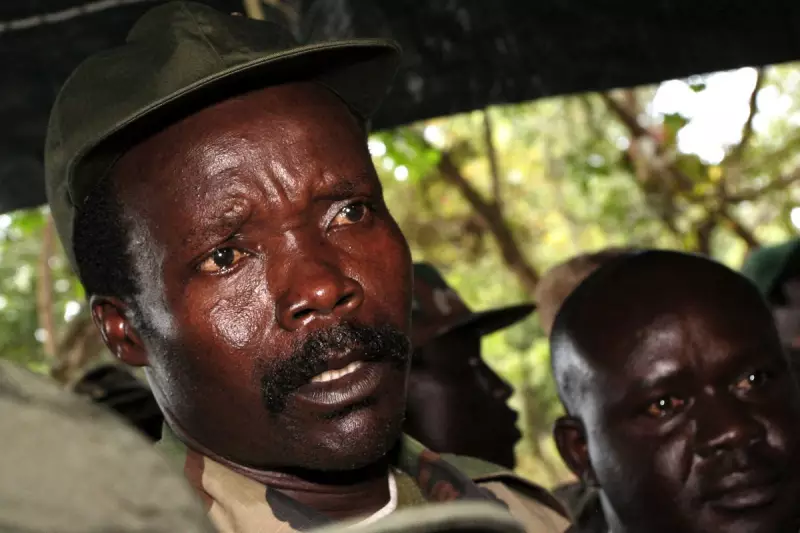
The hallowed halls of the International Criminal Court (ICC) in The Hague are once again the epicentre of global justice, with a docket that reads like a list of the world's most wanted. Three high-profile cases are simultaneously putting the court's mandate to the ultimate test.
In a significant and unexpected move, the ICC has confirmed that infamous Ugandan warlord Joseph Kony, leader of the Lord's Resistance Army (LRA), is scheduled to stand trial in absentia. This marks a pivotal moment in a decades-long pursuit for justice for the victims of his brutal campaign of violence and child abductions.
A Global Focus on Accountability
The ICC's reach, however, extends far beyond central Africa. The court is actively pursuing arrest warrants for two modern world leaders, placing it at the heart of international geopolitics.
Israeli Prime Minister Benjamin Netanyahu faces potential arrest over allegations of war crimes committed during the conflict in Gaza. This unprecedented move against a sitting leader of a key Western ally has sparked intense diplomatic friction and debate about the court's jurisdiction.
Perhaps the most widely reported case is that of Russian President Vladimir Putin, for whom an arrest warrant has been issued over alleged war crimes pertaining to the deportation of Ukrainian children. This action has made Putin a wanted man in 123 countries that are states parties to the Rome Statute.
The Hague: Nerve Centre of International Law
These parallel proceedings underscore the immense pressure and scrutiny on the ICC. Based in the Netherlands, the court operates as the judicial backbone of the international community's effort to uphold human rights and punish atrocities, even when it means challenging the most powerful figures on the planet.
While the practical challenges of apprehending sitting heads of state remain immense, the symbolic power of these warrants is undeniable. They serve as a permanent stain on a leader's international standing and restrict their ability to travel freely, effectively confining them within their own borders.
The coming months will be critical for the ICC as it navigates the complex legal and political landscapes of these landmark cases, striving to deliver on its founding principle: that no individual is above the law.





